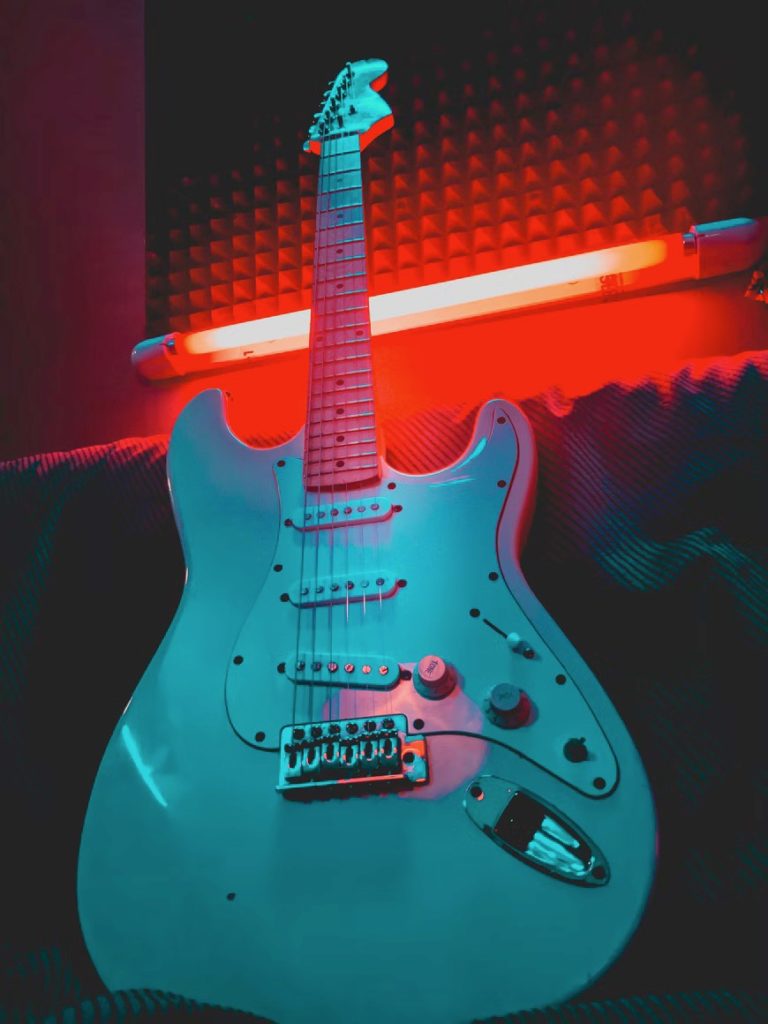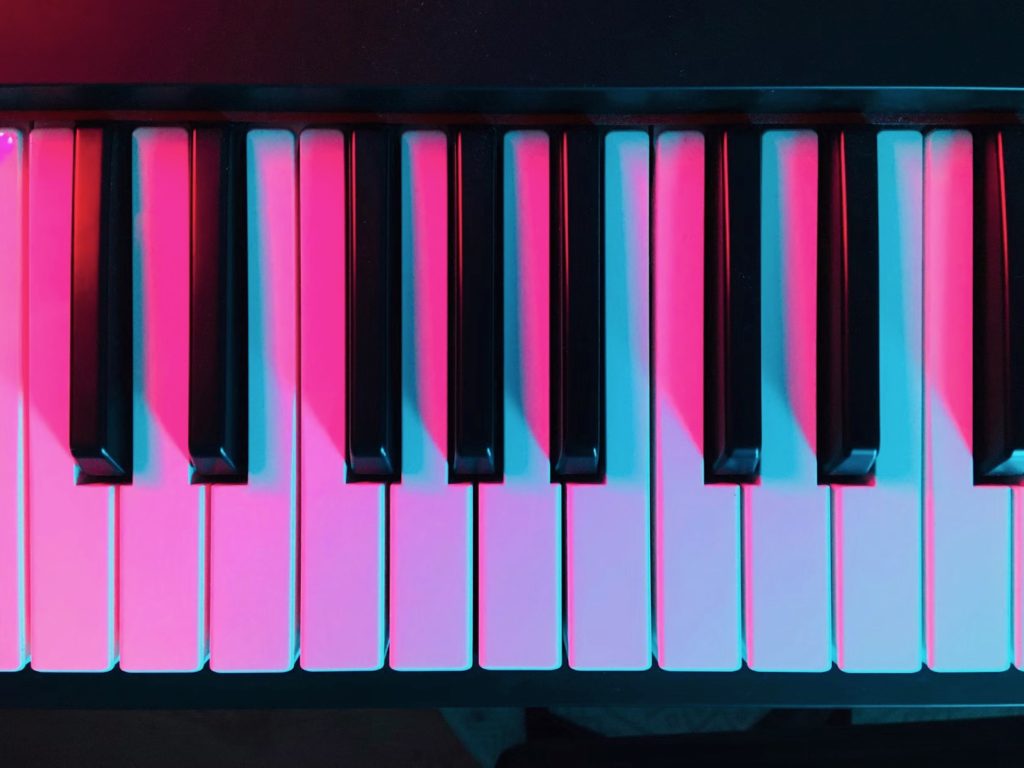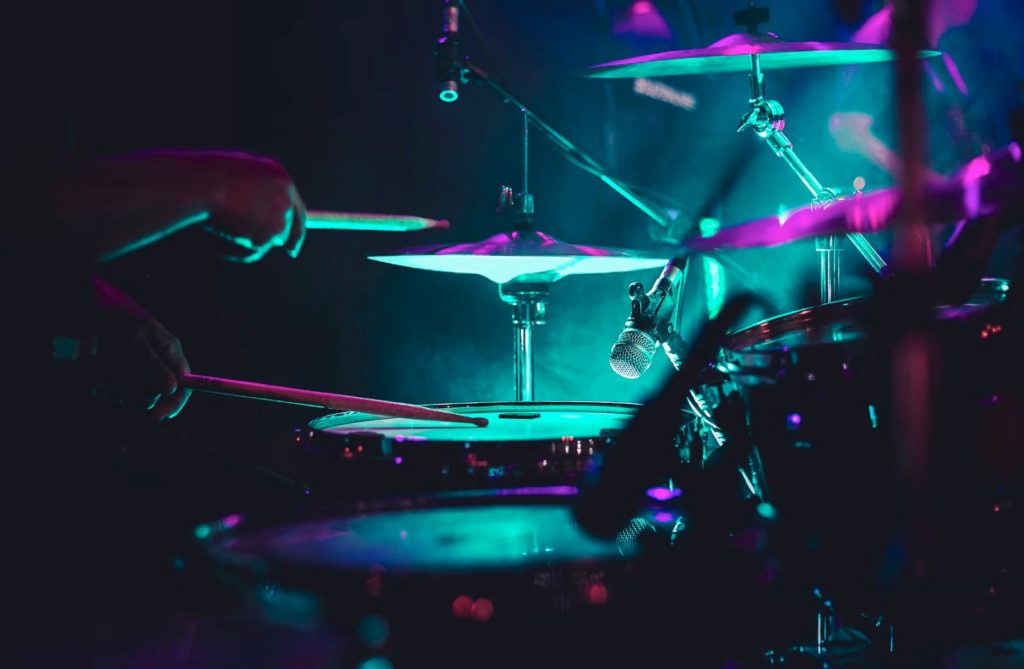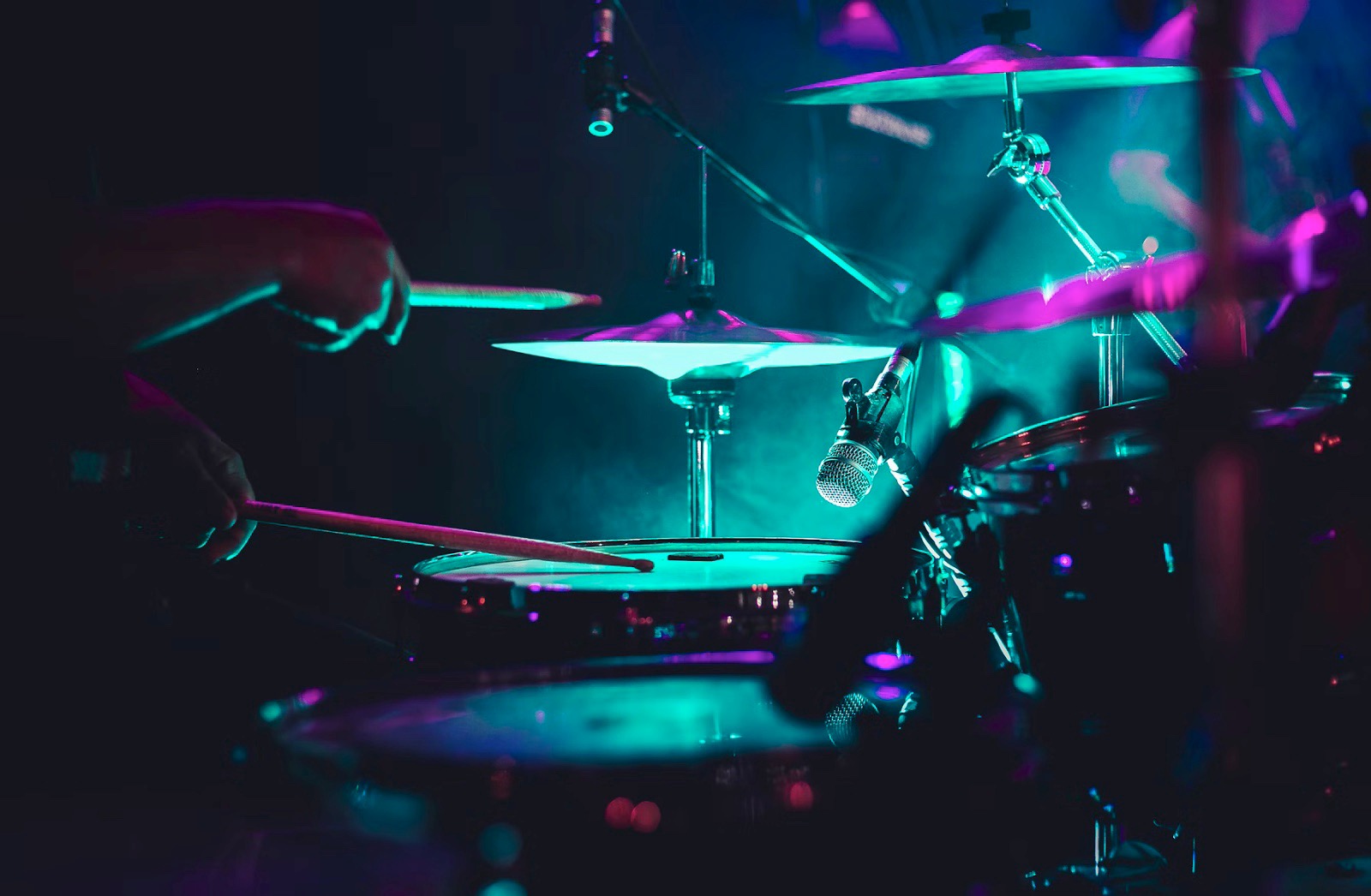Starting music lessons for yourself or your child is incredibly exciting. The rewarding feeling that comes from learning how to play an instrument is unrivalled – just ask any musician!
Not only are there countless benefits to learning to play an instrument – both mentally and physically – but it’s also fun. Plenty of people learn musical instruments to take up a new hobby and it quickly becomes a passion. For some, it can even turn into a career.
But we know that preparing for your first lessons can feel a little daunting. Especially when you’re not familiar with some of the names of certain instruments or accessories and you’re unsure of what it is that you’ll need to have on the day.
Luckily for you, you’ve found this article.
We’ll help you out by going through the best instruments to buy for beginner music lessons and providing a checklist of accessories that you’ll need – as well as some optional extras. We’ll even include some jargon-busting for some of the terms that you may not have come across before!
Let’s get you ready for lesson one.
Preparing for guitar lessons

The best guitars for beginners
Every guitarist remembers their very first guitar. It’s crucial to make sure that you get the right one to suit your needs at this first stage while you’re developing your skills.
Most guitarists start out with the acoustic guitar as it’s more price friendly. However, the electric guitar is smaller than the acoustic, making it a bit easier to handle and play.
The best way to decide between acoustic and electric is to think about the genre of music you’d prefer to play. If you’re more of a singer-songwriter or a country musician, then acoustic might be better. If you prefer rock or metal music, then the electric guitar would be more your jam.
Fender CD-60S All-Mahogany Acoustic Guitar
As it is your or your child’s first guitar, you may wish to go for the budget-friendly option. This guitar is priced at entry-level, but is still a big brand name. It produces a full, rounded sound and has reliable tuners.
Yamaha Pacifica 112V
The Pacifica has been around for almost 30 years, yet still remains to be one of the best electric guitar options for a beginner on a budget. Not only does it look great, it’s also fantastic quality.
Acoustic and electric guitar accessories
As a beginner on acoustic guitar, you don’t have to have any extra accessories, especially before your first lesson. But there are a few accessories that can help to make it a little bit easier to learn and help you to get better at playing:
Guitar pick
Using guitar picks can help you to learn how to play the guitar (and saves your fingers as you learn!) Thinner picks are better for strumming, while picks with a medium thickness are better for playing individual notes. They’re sometimes referred to as plectrums.
Guitar case and stand
While it may sound obvious, a guitar case is essential. You don’t want it to get damaged, especially if you’re carrying it around from one place to another. A stand is a good idea to keep your guitar on display in your room. Not only does it look cool, it will remind you to keep picking it up to practise!
Guitar strap
Guitar straps are useful while you’re playing standing up, as they help to keep the guitar stable and save your arms from aching. Don’t worry too much about which type to get – just get one that you like!
Guitar tuner
When you’re first starting out with guitar practice, a tuner will really come in handy. It helps to develop your musical hearing, to know that you’re playing in tune. Without it, you might get used to hearing out-of-tune guitar music, which can be quite frustrating for learners. You’ll pick it up a lot faster when you’re playing in tune.
Guitar maintenance kit
When you’ve invested in a guitar and some lessons, it’s always a good idea to make sure that you’re taking care of it. Here are some examples of what you may keep in your kit:
- A wire cutter – makes it easier to change strings without damaging the guitar
- Spare strings
- A microfibre cloth – to keep the guitar clean
- A peg winder – makes it easier to wind new strings tight
Capo
At some point down the line, you’ll probably want to start using a capo. A capo is essentially a clamp that allows you to play chords higher up the neck of the guitar.
Metronome
These days, you won’t need a physical metronome. There are plenty of apps that you can download that are even more precise and have lots of extra features.
Amplifier
As the name suggests, an amplifier takes the sound that’s produced from your electric guitar (or plugged in acoustic) and amplifies it – in other words, makes it louder.
Jack lead
Your jack lead – sometimes referred to as an audio jack – is the cable that connects your electric guitar to the amplifier.
Preparing for piano lesson

The best pianos for beginners
For most who are starting out with learning the piano, a traditional, acoustic piano won’t be the most viable option. Not only are they expensive to buy, but they’re also very costly to maintain. So, we’ve recommended a couple of digital pianos for beginners:
Casio Privia PX-S1100
This digital piano is great quality, with 88 notes and fully weighted keys. It has a cool feature that lets you stream music wirelessly, so that you can play along with your favourite songs. It’s well-built and looks and sounds great!
Roland FP-10
This digital piano provides a truly authentic experience of an acoustic piano, with individual weights on the keys just like the real thing. The patented ‘SuperNatural’ piano technology creates beautiful sound and you can even use the split mode to give a four octave piano at each end.
Digital piano accessories
Here are some of the essentials you may need when starting out on the piano:
Bench
You play the piano sitting down and will therefore need something comfortable to sit on. A bench that’s specifically designed for piano playing will usually allow you to adjust the height and contain a padding to keep you comfortable for hours. You can normally fold them up too, for travel or storage!
Piano/keyboard stand
You’ll need a stand that can support the weight of your keyboard and keep it stable while you’re playing. Like the bench, some stands allow you to adjust the height and can also be folded away.
Headphones
If you need to practise without playing out loud, then headphones are key (pardon the pun). You’ll just need to ensure that they’re compatible with your digital piano.
Pedal
To recreate the experience of a grand piano, you’ll need some pedals. Digital pedals allow you to sustain the sound, switch accompaniment, or adjust the vibrato and volume.
Preparing for drumming lesson

The best drums for beginners
When you’re learning to play the drums, you can opt for acoustic or electric. While acoustic drums give you the authentic experience of drumming, electric has come a long way to help you become a drumming master while keeping noise at a minimum.
Natal DNA Stealth Low Volume Drum Kit
This kit is an excellent option for beginner drummers who want to play acoustic drums without the loud noise. Normally, to quieten an acoustic drum set you’d have to purchase some expensive add ons – but with its mesh heads and Natal-branded practice cymbals, the Natal DNA stealth kit has already been adapted for quieter use. If you wanted to use the kit to perform, the mesh heads can be replaced with regular drum heads to crank up the volume.
Alesis Nitro Mesh
If you’re looking for the perfect introduction to electric drumming, it’s probably this kit. The mesh heads provide a more realistic (and quieter) experience than the traditional rubber heads. It has USB connectivity, allowing you to connect to a laptop and start recording your music.
Drum and electric drum accessories
Wondering what else will help you to become a proficient drummer? Here’s your checklist:
Drum sticks
Some drum kits may come with their own sticks, if not you’ll need to buy some of your own.
Practise pad
When you’re using an acoustic kit, a practice pad helps you to keep the noise down. It allows you to practise new rhythms or to warm up quietly.
Metronome
As with most instruments, a metronome is useful for keeping you in rhythm – one of the most important aspects of drumming. Some electric kits will come with a built in metronome.
A bass pedal
Again, it’s likely that if you’re purchasing an entire kit, the bass pedal will be part of the package. But if it isn’t, you’ll need to get one separately.
A drum rug
A drum rug helps to keep your kit secured in place while you’re playing, while protecting the floor below. They also act as a dampener, to soak up any echoing sound.
Guitar, piano and drumming lessons
Now that you’re kitted out with your instrument of choice, as well as all of the essential and optional accessories, you’ll need to learn how to use them.
RockAcad is the online music school that’s run by professional and practising musicians. Whether you’re a beginner, or you’re looking to polish up your skills, we cater to all levels of ability.
Book into your free trial lesson to start learning the guitar, piano, drums and more today!


0 Comments